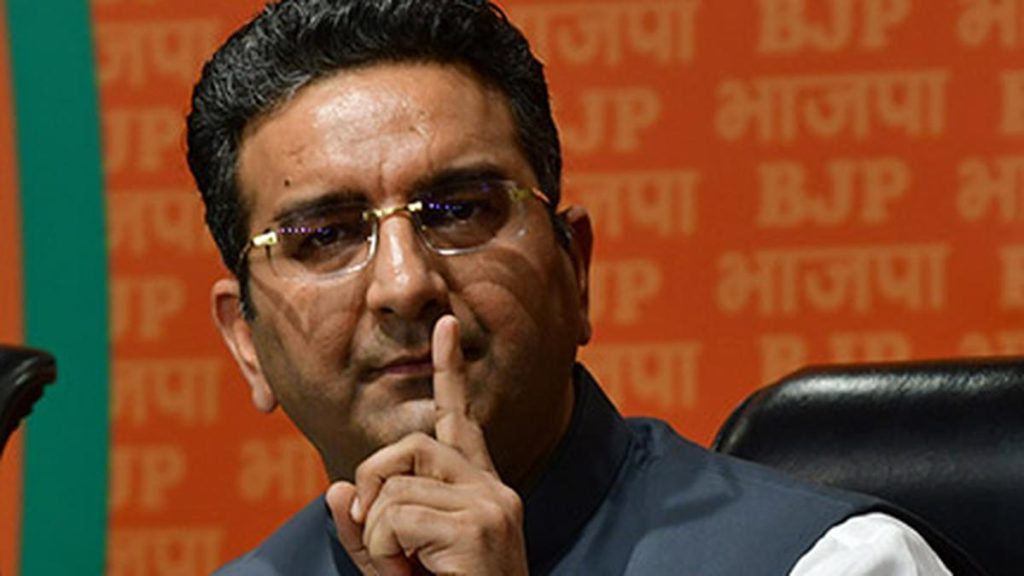Now Reading: State Introduces Laws to Boost Worker Welfare: Labour Minister Santosh Lad
-
01
State Introduces Laws to Boost Worker Welfare: Labour Minister Santosh Lad
State Introduces Laws to Boost Worker Welfare: Labour Minister Santosh Lad

Fast summary
- New Laws for Worker Welfare: Karnataka’s State government has passed laws to ensure the welfare of gig workers, including those employed in the cinema industry, drivers, cleaners, and mechanics.
- Benefits Introduced: Workers in the cinema industry will receive welfare benefits under the law. Additionally, a scheme was launched offering compensation up to ₹5 lakh for untoward incidents affecting drivers, cleaners, and mechanics.
- Social Security Measures: The State government plans to set up a welfare fund for over five lakh gig workers in Karnataka.
- State Government Spending on guarantee Schemes: More then ₹60,000 crore is being spent annually on various guarantee schemes aimed at helping poor individuals and contributing to Karnataka’s GDP growth.
- Demand by Local MLA: Shivamogga MLA S.N. Channabasappa requested that caterers be included in unorganised-sector benefits and called for funds to construct Karmikara Bhavan in Shivamogga.
Indian Opinion Analysis
Karnataka’s efforts reflect a progressive agenda aimed at safeguarding its large workforce engaged in unorganised sectors such as gig work and manual labor-intensive industries like cinema production or vehicle repair services. This legislative initiative is vital as these sectors frequently enough lack formal protections or access to social security.
The establishment of a dedicated welfare fund could serve as an institutional framework supporting long-term worker benefits while addressing vulnerabilities common in informal employment conditions-such as financial insecurity during accidents or economic downturns.
The government’s allocation of ₹60,000 crore towards guarantee schemes signals a commitment toward redistributive economic measures intended not only for humanitarian support but also fostering GDP growth through improved citizen spending power. Yet integration challenges remain evident through calls from local representatives like MLA Channabasappa urging broader inclusion (e.g., caterers) within policy coverage.These developments may have larger implications by setting benchmarks for other states aiming at worker-focused governance strategies amidst India’s evolving workforce dynamics.

























